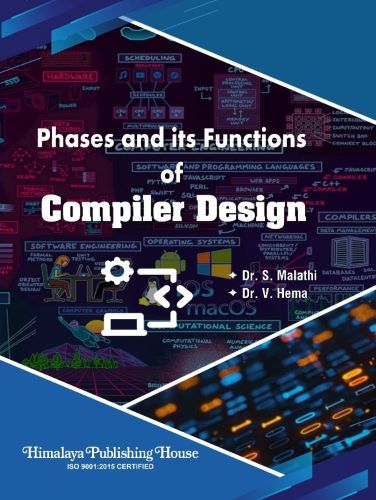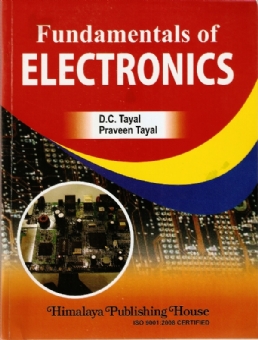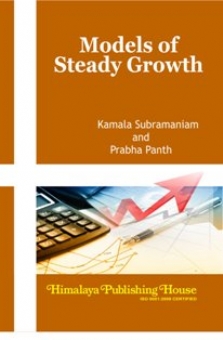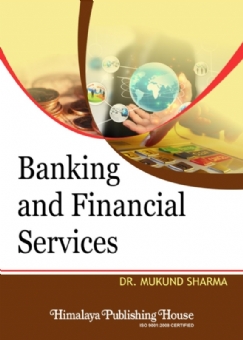Compiler Design is a core course of both Under graduate and Post graduate levels of almost all streams of Computer Science and Application in many Universities. Though this book is written based on the syllabus framed for M.Sc. (Computer Science) programme of Bharathidasan University, Tiruchirappalli, Tamil Nadu, India, it covers all the coretopics of Compiler Design and suitable one to be prescribed as a book of text or reference to all categories of the computer science based programme students and even for Diploma holders of Engineering stream.
The book “Phases and its functions of compiler design” aims to provide readers a comprehensive exploration of all the phases of compiler design and its functions. It consists of seven chapters, including the introduction of a compiler, lexical analysis, syntax analysis, semantic analysis, intermediate code generation, code optimisation, and code generation.
Contents –
1: INTRODUCTION TO COMPILERS
1.1 Definition of Compiler
1.2 Analysis —Synthesis Model of Compilation
1.3 Analysis of Source Program
1.4 The Phases of Compiler
1.5 Symbol Table
1.6 Error Handling
1.7 Cousins of the Compiler
1.8 Compiler Construction Tools
2: LEXICAL ANALYSER
2.1 Role of Lexical Analyser
2.2 Tokens, Patterns and Lexemes
2.3 Input Buffering
2.4 Specification of Tokens
2.5 Recognition of Tokens
2.6 Finite Automata
2.7 Conversion of Regular Expression to NFA
2.8 Conversion of NFA to DFA
3: SYNTAX ANALYSER
3.1 Role of Parser
3.2 Context-free Grammar
3.3 Parsing
3.3.1 Top-Down Parsing
(A) Recursive Descent Parsing
(B) Non-recursive Descent Parsers
3.3.2 Bottom-Up Parsing
(A) Shift Reduce Parser
(i) Operator-Precedence Parser
(ii) LR Parser
4: SEMANTIC ANALYSER
4.1 Types of Syntactic Errors
4.2 Attribute Grammar
4.3 Evaluation of S-attributed Definition
4.4 Evaluation of L-attributed Definition
5: INTERMEDIATE CODE GENERATION
5.1 Intermediate Languages
5.2 Graphical Representation
5.3 SDT for Assignment Statement
5.4 SDT for Boolean Expression
5.5 SDT for Control Flow Statements
5.6 SDT for Case Statement
6: CODE OPTIMISATION
6.1 Types of Code Optimisation
6.1.1 Machine Independent Code Optimisation
6.1.2 Machine Dependent Code Optimisation
6.2 Optimisation of Basic Blocks
6.3 Flow Graph
7: CODE GENERATION
7.1 Issues in the Design of Code Generator
7.2 The Target Machine
7.3 Run-time Storage Management
7.4 A Simple Code Generator
7.5 Generating Code from DAG







